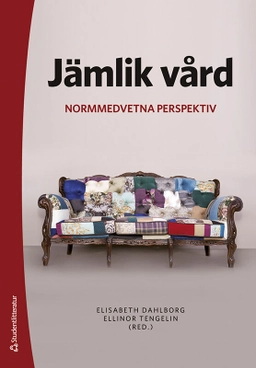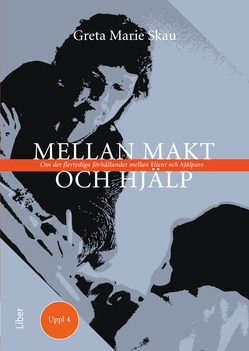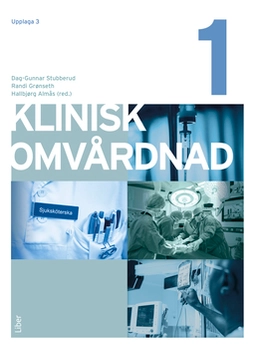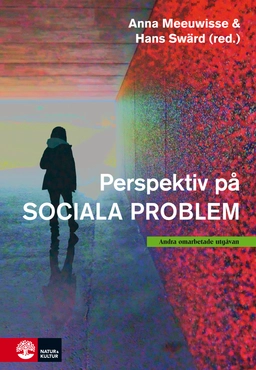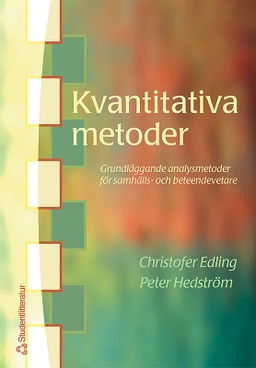

The politics of information : the case of the European Union
- Utgiven: 2014
- ISBN: 9781137325402
- Sidor: 344 st
- Förlag: Palgrave Macmillan
- Format: Inbunden
- Språk: Engelska
Om boken
Åtkomstkoder och digitalt tilläggsmaterial garanteras inte med begagnade böcker
Mer om The politics of information : the case of the European Union (2014)
2014 släpptes boken The politics of information : the case of the European Union skriven av Tannelie Blom, Sophie Vanhoonacker. Den är skriven på engelska och består av 344 sidor. Förlaget bakom boken är Palgrave Macmillan som har sitt säte i London.
Köp boken The politics of information : the case of the European Union på Studentapan och spara pengar.
Referera till The politics of information : the case of the European Union
Harvard
Oxford
APA
Vancouver








